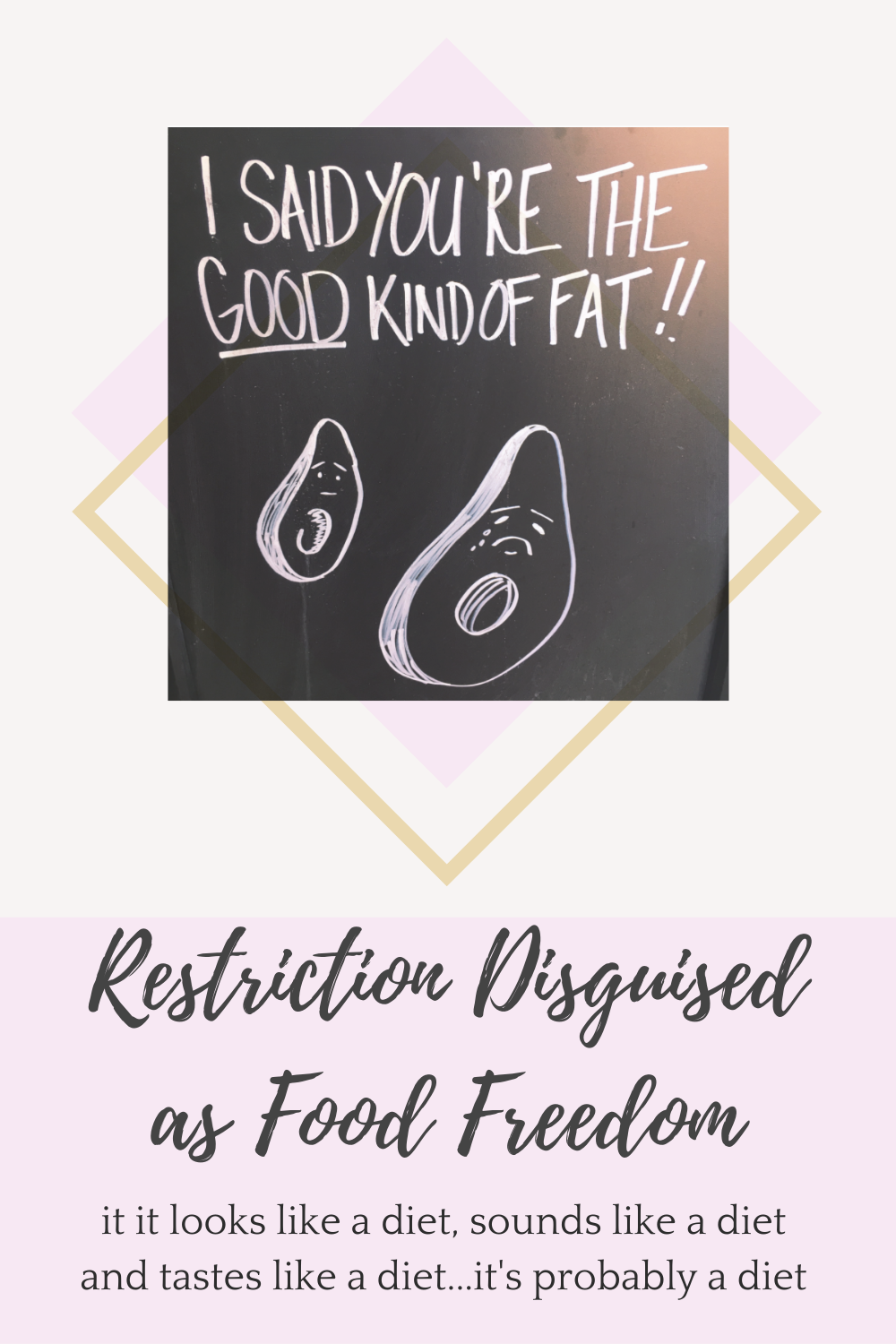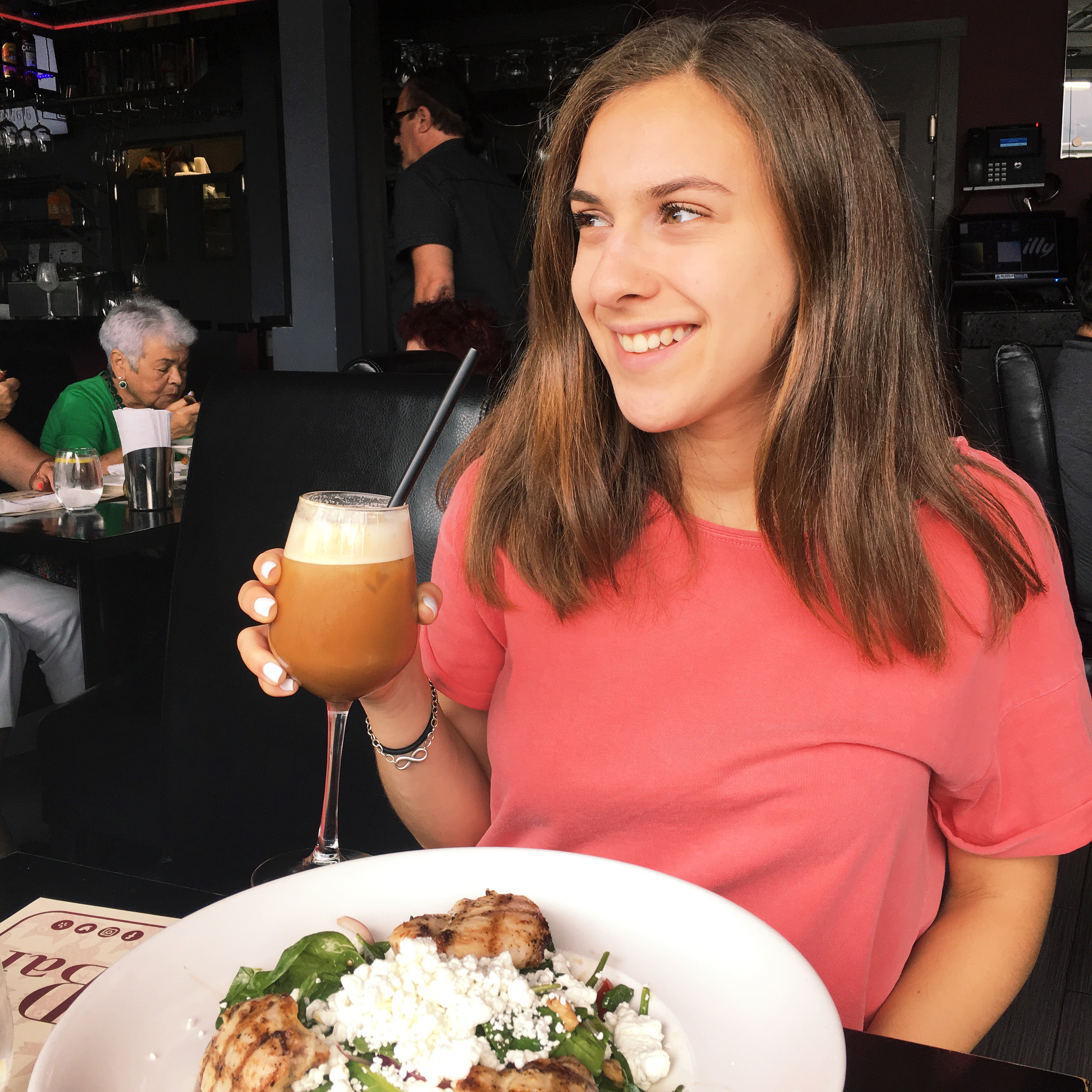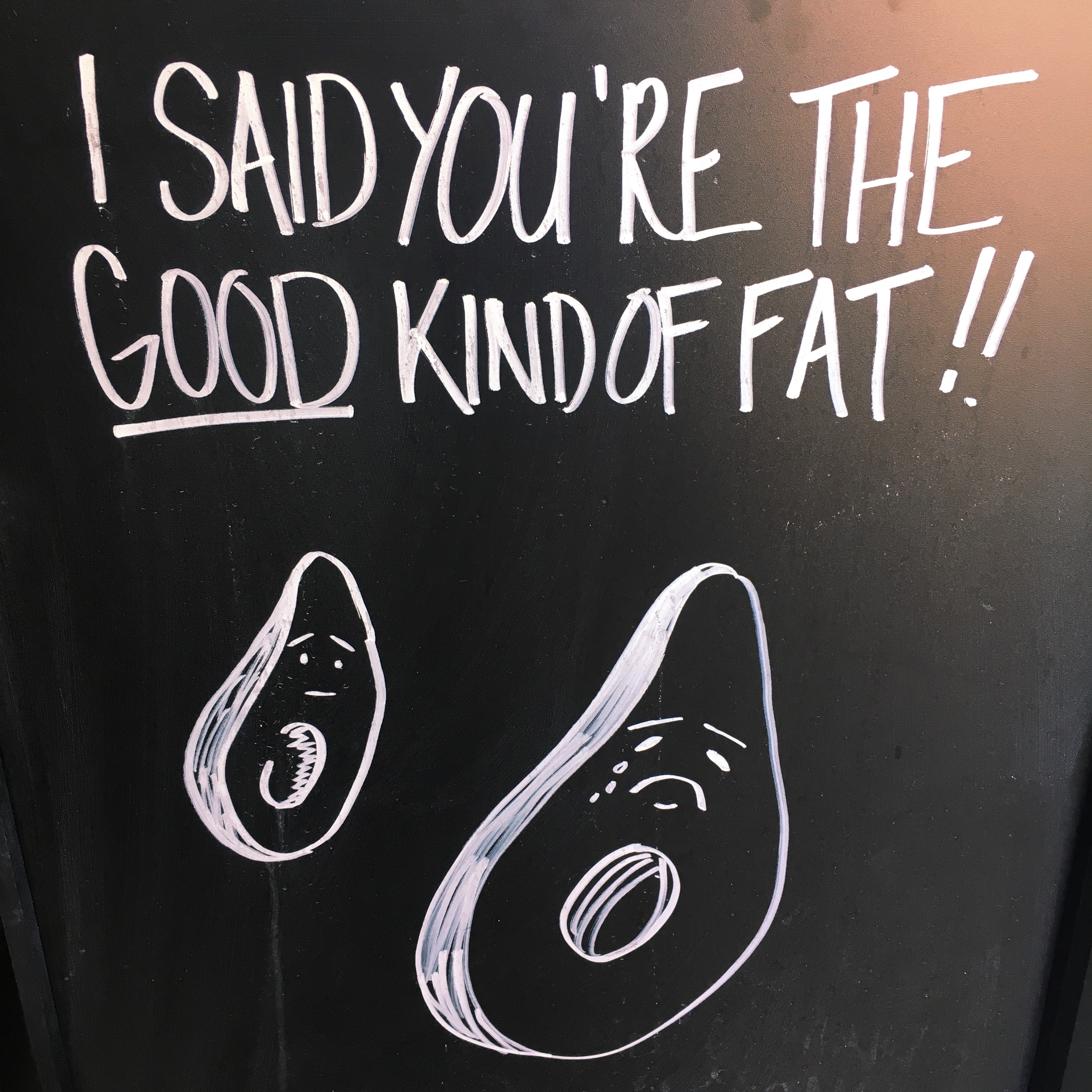I recently read a popular health book, which shall remain nameless for the purposes of this post. It is not my intention to single out or target this one book or author. In fact, I thought it was very well written and well researched, and the author was certainly coming from a good place.
It’s not quite a diet book, but it’s a book that preaches a certain eating style. It’s incredibly popular, has sold millions of copies, and the author is a pretty reputable source on nutrition in the public sphere.
Plus, I think she is super knowledgeable, gorgeous, and seems like a genuinely sweet person that I would love to sit down and have a conversation with.
So what’s my issue?
Here’s the thing. The whole main point of the book is that it wants you to attain food freedom, where you no longer are tied to the cycle of restricting and binging, jumping from diet to diet, only to end up gaining weight in the end. The book offers a simple way to eat that will allow you to stop worrying about each meal and to take the guesswork out of healthy eating. Sounds perfect, right?
But there’s a caveat.
The entire way of eating centers around elimination. Sugar is an enemy, including natural fruit sugar. Carbs should only be had at specific times and god forbid you have the wrong kind of carb, you’ll basically screw yourself over for the next 3 days.
The whole thing just seems very…fear-mongering.
And I get it, really. I mean in our day and age, everyone and their mother thinks that their way of eating is the right one and every other is causing cancer, heart disease, obesity, and the like.
And it’s so easy to buy into this. To see a pretty author with a nutritionist background and totally believe when she says that you shouldn’t eat bananas because they “have too much sugar.”
I’m not saying she’s flat out wrong. Because if her clients really have seen awesome results, who am I to doubt that?
I’m sure her approach really does work for some people, and they really do find freedom and never ever crave the foods that they shouldn’t have when on this plan.
But I just don’t think it’s for everyone.
In fact, I don’t think there is or ever will be one specific eating method that is the right one for every person. We are all so different, with different bodies, different activity levels, different needs, hormones, and tastebuds.
For some people, being paleo makes them lean, green machines, and for others it leaves them groggy and lethargic.
I just think there might be an issue when someone touts their eating method as the right way or the only way to feel your best when the truth is that so many people on the planet are not following it and doing pretty damn alright for themselves.
And is it food freedom?
My other issue is more deeper rooted and a little more personal. I think the book is brilliantly marketed because it talks a lot about self-care and listening to your body and not depriving yourself of anything.
But then it goes and tells you to cut out grapes and melons from your diet and only eat a handful of fruit a day, which kind of makes you wonder, how “free” is this diet really?
To me it sounds like it’s instilling a fear of sugar, a fear of grains and starchy carbs, and of basically anything that isn’t a vegetable, a protein, or healthy fat.
None of those things should ever be feared.
I totally agree that the wheat that grows today and is used in packaged bread is not the same kind that was grown thousands of years ago.
But bananas?! Grapes??
I’m sorry, but I don’t want to live in a world where I need to limit my banana consumption to one a week. Because quite frankly, bananas rock and my breakfasts wouldn’t be the same without them. Plus, fruit is nature’s candy and one of the most whole sources of perfectly packaged nutrition you can eat, so how on earth can it be bad?
When I read things like this, I always think about it in terms of evolution. I mean if human beings have been eating this stuff basically since first arriving on the scene, and if we’ve progressed as much as we have on that kind of diet for thousands of years, then why do we keep trying to find something wrong with those foods?
So why did I read the book?
To be honest, I was curious. I’d heard the author speak on a few different panels, and I’ve read a few of her blog posts, and she genuinely does seem like a person who wants what is best for her clients. Her approach, on paper, sounds perfect. Easy, no restriction, just as long as you follow the little guidelines she lays out.
I knew going in that this book wouldn’t change anything about my eating style. Having had some issues with food rules and control in my past, I am very happy with where I’m at now, as I do not limit myself and allow myself to have absolutely anything my heart desires.
Yes, 90% of the time that happens to be healthy food, because that’s just what my tastebuds naturally gravitate towards, but I would never say no to a big ice cream cone if I’ve been dreaming about it for a week.
I’m all about exploring different food styles and approaches though. I mean, raw veganism fascinates me, and I think Whole 30 has some merits, but that doesn’t mean I want to ever follow either of those to a T.
For me personally, choosing to adhere to any particular eating style 100% just doesn’t work. It makes me obsessive and deprived and resentful. And that’s no way to live.
My philosophy
I’ve said this before, and I’ll repeat it tirelessly. Fill your plate with mostly whole foods and all the macronutrients; eat a wide array of colors (Skittles don’t count); and pay attention to your body’s cravings, hunger, and fullness cues, and you are totally set.
There is no reason to demonize certain foods because no one food is going to cause weight gain or health problems, especially not if it’s a part of an otherwise balanced diet.
Let me tell you, I’ve been to that place where I tried to micromanage everything that went in my mouth and would jump at every new diet trend because I thought that’s what would finally give me that elusive perfect body.
At the end of the day, I realized that kind of approach only made me simultaneously resent and obsess over food, and in the process, forget to live.
I never want food to take center stage in my life, because though it can be a source of pleasure, enjoyment, and health, there is no reason to use so much brainspace to worry about it. Our bodies intuitively know a lot more about what we need than we think, and I think we could avoid a whole lot of problems if we just trusted them.
My personal rule of thumb is to never embark on an eating style that calls for elimination. Of course I realize there are different health issues out there for which elimination becomes unavoidable, but barring that, there is no reason you should make any food off-limits. As long as you practice moderation and balance, there is room on the table for both quinoa and brownies.
And I think that’s what food freedom is all about.
I would love to hear your thoughts on the topic of diet trends or some interesting approaches to health you’ve read about!
Linking up with Amanda for Thinking Out Loud.





I completely agree. I’ve read a few books on nutrition lately. One was for a class, and another I read because it looked interesting and discussed using nutrition to treat irregular digestion and mental health issues like anxiety and depression. I’ve always been fascinated by the use of food to heal the body. But I think those books should be taken with a grain of salt, especially the ones that advocate extreme eliminations. It’s just not sustainable for the long term!
Your food philosophy sounds so balanced and moderate, which is refreshing when it feels like everyone and their brother are shouting about how “carbs are evil,” “paleo is the ONLY healthy diet,” or some other nonsense.
I’m glad you agree about how unsustainable those approaches are, though they may be helpful for some. We should DEFINITELY take any food advice with a grain of salt always. Thank you so much for your kind words; honestly, it’s been a journey, and there was definitely a time in my life when I would treat these books like guides to success, but I’m finally at a place where I understand that no one can tell me what to eat better than I can.
I completely agree. I’ve read a few books on nutrition lately. One was for a class, and another I read because it looked interesting and discussed using nutrition to treat irregular digestion and mental health issues like anxiety and depression. I’ve always been fascinated by the use of food to heal the body. But I think those books should be taken with a grain of salt, especially the ones that advocate extreme eliminations. It’s just not sustainable for the long term!
Your food philosophy sounds so balanced and moderate, which is refreshing when it feels like everyone and their brother are shouting about how “carbs are evil,” “paleo is the ONLY healthy diet,” or some other nonsense.
This article raises important points about the fine line between
freedom” and the disguised restrictions often found in popular health books. It’s refreshing to see someone questioning the fear-mongering tactics sometimes used to promote certain eating styles. I agree that true food freedom should involve balance and listening to our bodies, rather than rigid rules and eliminations. Ultimately, the key is finding what works best for each individual, without succumbing to the pressure of one-size-fits-all approaches. Kudos to the author for promoting a mindful, intuitive approach to eating!
You have given a lot of thought to the concept of food freedom and the impact of restrictive diets on overall well-being. I appreciate your balanced approach to nutrition, emphasizing moderation and listening to one’s body.
I completely agree that food freedom should mean being able to enjoy a variety of foods without fear or guilt. Restrictive diets, while potentially beneficial for some, can often lead to a negative relationship with food, creating unnecessary stress and anxiety.
Your perspective on avoiding elimination unless necessary for health reasons is wise. It’s important to recognize that each person has unique nutritional needs and preferences, and what works for one may not work for another. The key lies in finding a sustainable and enjoyable way of eating that supports overall health and happiness.
Your rule of thumb to avoid elimination diets, barring specific health issues, and to practice moderation and balance is a valuable takeaway. This mindset promotes a healthier relationship with food and helps prevent the cycle of restriction and binging that many people struggle with.
We re committed to being your source for expert Healthline guidance Come to us in your pursuit of wellness